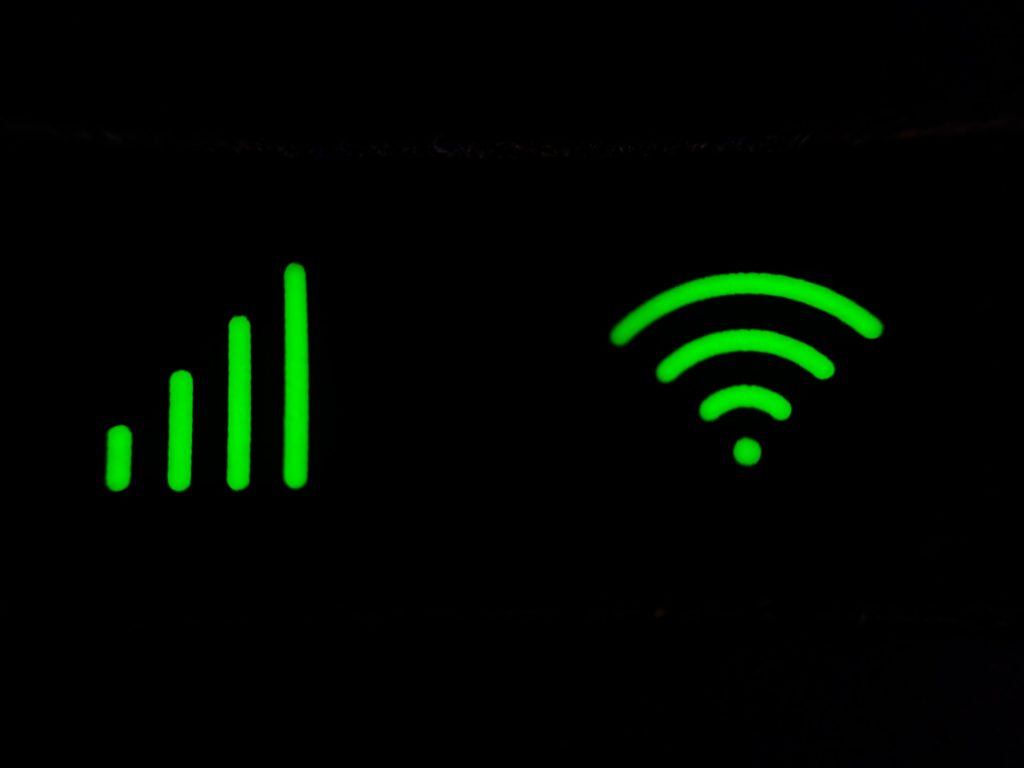Safety on the internet is a big topic, considering the fast-paced development of internet technologies. Something that you can often hear nowadays when it comes to cyber security is VPN.
There are many different VPN providers, and some of them advertise their service as if it is free. Let’s scratch the surface and discover what is hidden behind allegedly costless VPN providers.
Nothing is free
If you’re getting something for free, you are the product is a saying that has been circulating for a while. In the context of VPNs, it raises the question of having are these services financed. Sure, some of them may allow you to use their infrastructure, which is far from cheap, to promote their products and convert you into a paying customer.
Other providers might show you advertisements to finance what they give you for free. However, there is always a high possibility that free VPN providers gather your data and use it or sell it for future financial benefits. Studies have shown that one-third of free VPNs have trackers embedded in them.
Phishing attacks

Speaking about ads, it is also essential to make a distinguishment. One thing is to be exposed to advertisements for legit services and products, while it’s entirely different to see ones promoting suspicious websites. With this in mind, some VPN providers allow popup advertisements to increase revenues.
Such advertisements have an excellent potential for phishing attacks that can infect your device in no time. Not only that, you put the device in danger and all of the local networks you are connected to. Usually, this kind of attack end with hackers asking for ransom in exchange for access to the network and devices.
Limiting access
Even though the idea of using a VPN might come with the motivation to access the websites you usually don’t have access to, in reality, the result can be different. Most publicly available free VPN services are registered in multiple databases, and website owners might block access to their platforms from these addresses.
Some platforms might see this as breaking the rules if such VPNs are prohibited and you are trying to access the content you usually don’t have access to. Using a free VPN is easily detectable, meaning governments and businesses will effortlessly limit your access, which might be your motivation to use the VPN in the first place.
Contagious networks

Some free VPNs can have malware within their network! This is a big shock to an average user, but studies have shown that more than a third of free VPNs have at least one malware within the network.
VPN stands for virtual private network, and in the case of unregulated free VPNs, it practically means that anybody can access the network. If the provider isn’t motivated to care about their users’ security, it is likely that malware will appear within it sooner or later.
Suspicious regulations
A good thing to consider when choosing a provider of any digital service is what is the company behind it. With the majority of free VPN providers, if you decide to dig a bit, you can find an offshore company that practically isn’t obliged to follow any legislation regarding the internet.
This means that you, as a consumer, have close to no rights, and in case of a hacking attack, fraud, or any other problematic situation, you are on your own. Compared to trusted VPN providers who are registered and regulated, free VPN providers are sneakily avoiding lawsuits by being outside of the jurisdiction of countries with strict laws.
Final thoughts
No matter what motivates you to use VPN, remember that using such services is only reliable as the company that stands behind it.
Free VPNs often come with shady companies with even shadier intentions, which will sooner or later come at your expense. To avoid this, choose a relevant and reliable provider that protects your privacy and data.
